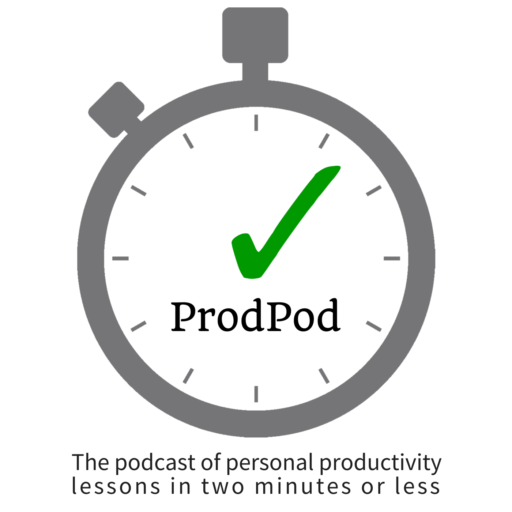Minimalism gets a great deal of media coverage today. Marie Kondo has taken the home organizing industry by storm with her KonMari method. There’s even a documentary, Minimalism: A Documentary About Important Things, on the subject by and about self-professed minimalists, Joshua Fields Millburn and Ryan Nicodemus.
While debatable, my short statement on the efficacy of minimalism, generally, is that reducing and limiting the stuff in your physical world can lead to a more fulfilling life. And, so can wanting and collecting objects that are meaningful to you, even in great volume. It’s less about quantity and more about mindful ownership instead of, say, (with limited judgment here) the rampant consumerism we see in some cultures today.
But, how does minimalism affect your personal productivity? And, is there such a thing as a minimalist approach to productivity? I believe ardently that our physical and digital worlds are a manifestation of our mental-emotional world, so I sought out some answers about these thorny questions. After about 30 hours of research and uncounted hours of pondering, here are my thoughts on these two questions.
On the first question, there’s a clear point where a certain amount of “stuff” becomes a hindrance. This is known as hoarding (see episodes 77, 78 and 79), and the mental-emotional preoccupation with whatever is being hoarded, if not the physical impediments of getting around one’s home and/or office, are challenges best left to a specialized professional organizer, therapist and/or counselor. (You can find resources to finding a professional organizer, certified in helping with chronic disorganization, below.)
As to the second question, it’s a bit murkier for me. If you plan to do less, this is focus, not minimalism (although it can certainly be conflated). But, I see the two as independent forces—focus is your ability to attend to a single thing, while minimalism is your ability to reduce your physical, digital, mental and emotional objects. Ergo, the closest minimalist’s approach to productivity would be Greg McKeown’s Essentialism. You can learn to order many, many things in your life while still focusing on the most important task, project or thing right here, right now.
In the end, you can have a far many physical things in your possession, as long as you know you can’t use them all at once, all the time.

